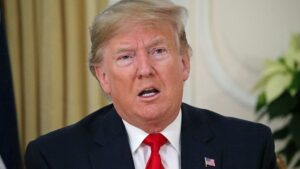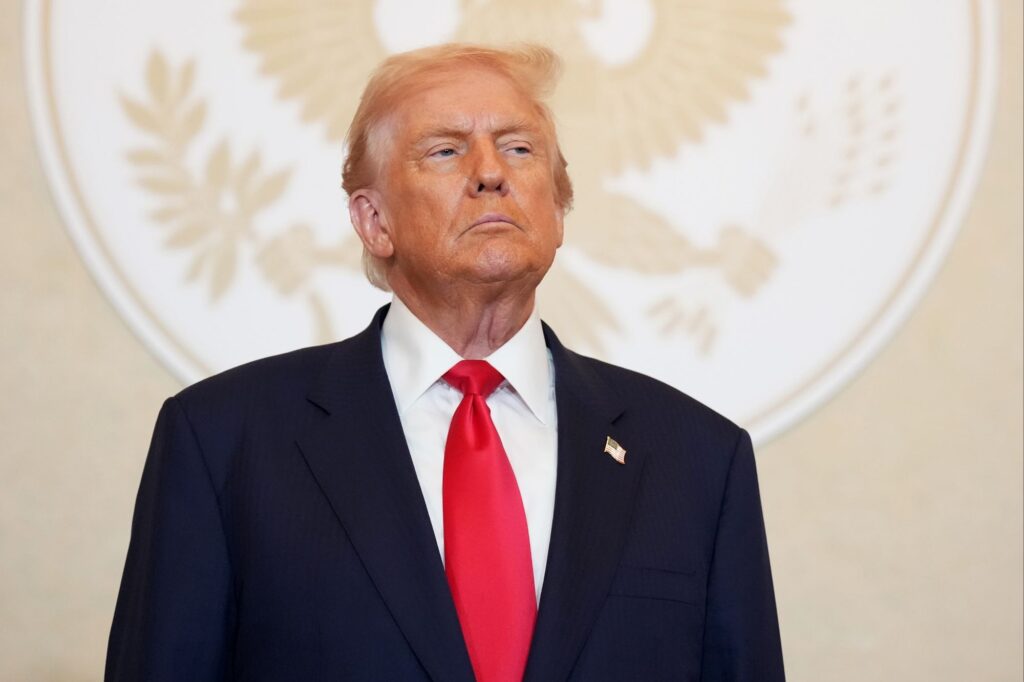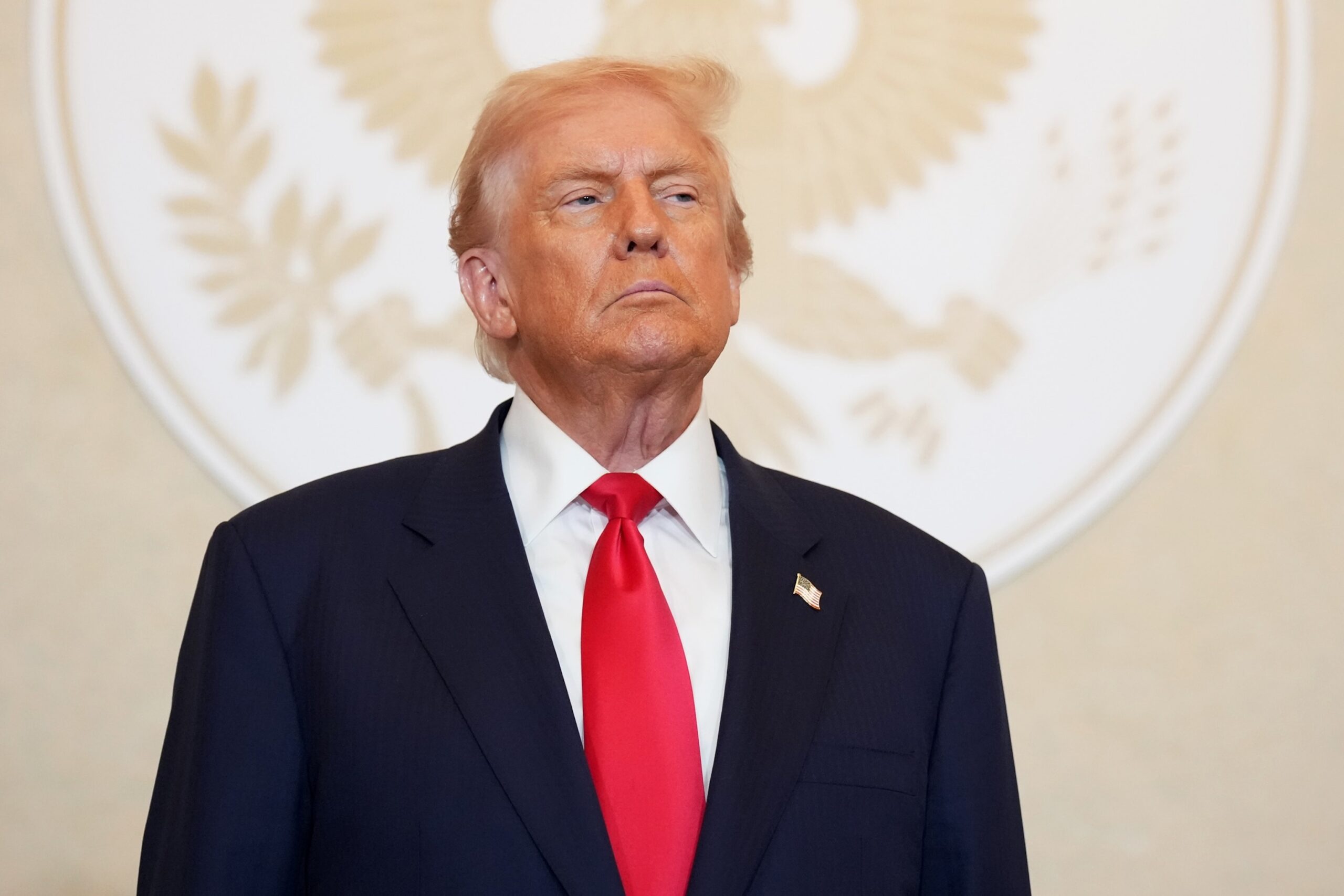U.S. President Donald Trump has issued a stark warning to the government of Nigeria, declaring that U.S. military forces are being prepared for potential intervention unless the Nigerian state addresses what he described as systematic attacks against Christians. With tensions mounting between Washington and Abuja, the threat has reignited debate over sovereignty, religious freedom and the limits of foreign-policy aggression.
In a televised address, Trump accused the Nigerian administration of tolerating or ignoring the killing of Christians, declaring that the U.S. would no longer remain passive. He stated: “We have directed the U.S. armed forces to stand ready. If Nigeria will not protect its Christian population, we may have to act ourselves.” He also announced that all U.S. development aid to Nigeria would be suspended effective immediately unless the Nigerian government could show measurable progress in protecting religious minorities.
The Nigerian government swiftly rejected the allegation. A spokesperson for the Presidency emphasised that the country does not condone any form of religious persecution and insisted that the security challenges in Nigeria affect all religious and ethnic communities. The government noted that many of the violent incidents occur in the central and northern zones where armed banditry, herder-farmer clashes and extremist group activity remain persistent.

Analysts say the timing and framing of Trump’s pronouncement appear linked to his domestic political strategy, aiming to energise his evangelical base ahead of an expected re-election bid. By casting Nigeria as a beleaguered Christian-majority country under siege, he taps into global narratives about religious persecution while positioning the U.S. as a defender of faith-based communities. At the same time, the escalation risks undermining diplomatic channels and could complicate cooperation on counter-terrorism, trade and regional stability in West Africa.
Observers of Nigerian affairs caution that, while religiously-motivated violence does occur, it is part of a broader problem of weak governance, porous borders and proliferating armed groups, not a strictly one-sided campaign against Christians. Groups such as Boko Haram and the Islamic State – West Africa Province are active, but their targets include Muslims, Christians and traditional authorities alike. Critics of Trump’s narrative say his portrayal ignores that nuance and risks inflaming tensions instead of supporting genuine reform.
From Nigeria’s perspective, the threat of U.S. military involvement, especially if unilateral and without the consent of Abuja, raises questions of sovereignty and regional diplomacy. Nigeria has long been a key security partner to the U.S. in Africa, contributing to peace-keeping efforts and cooperating on anti-terror initiatives. A breakdown of relations could have wide-ranging implications, not only for Nigeria’s economy and security but also for U.S. influence across the continent.
The White House, for its part, stated that any intervention would require Congress to approve direct military action, and would likely involve regional partners and multilateral frameworks. Still, the threat alone is significant, signalling a shift toward a more aggressive posture in response to perceived humanitarian or religious crises abroad.

For countries like Ghana, which monitor both U.S. foreign-policy shifts and West African regional dynamics, the development serves as a reminder of the pitfalls of politicised religious narratives, and the importance of transparent governance. It exposes how domestic agendas can transform into international flashpoints, with real consequences for trade, migration and regional cooperation.
As the story unfolds, several key questions emerge. Will Nigeria respond with concrete measures to improve protection of religious communities and avoid the spectre of U.S. military involvement? Will Congress or global institutions check further escalation? And how will this episode influence U.S. relations with other African nations going forward?
Tanzania’s Opposition Leader John Heche Arrested Ahead of Election

